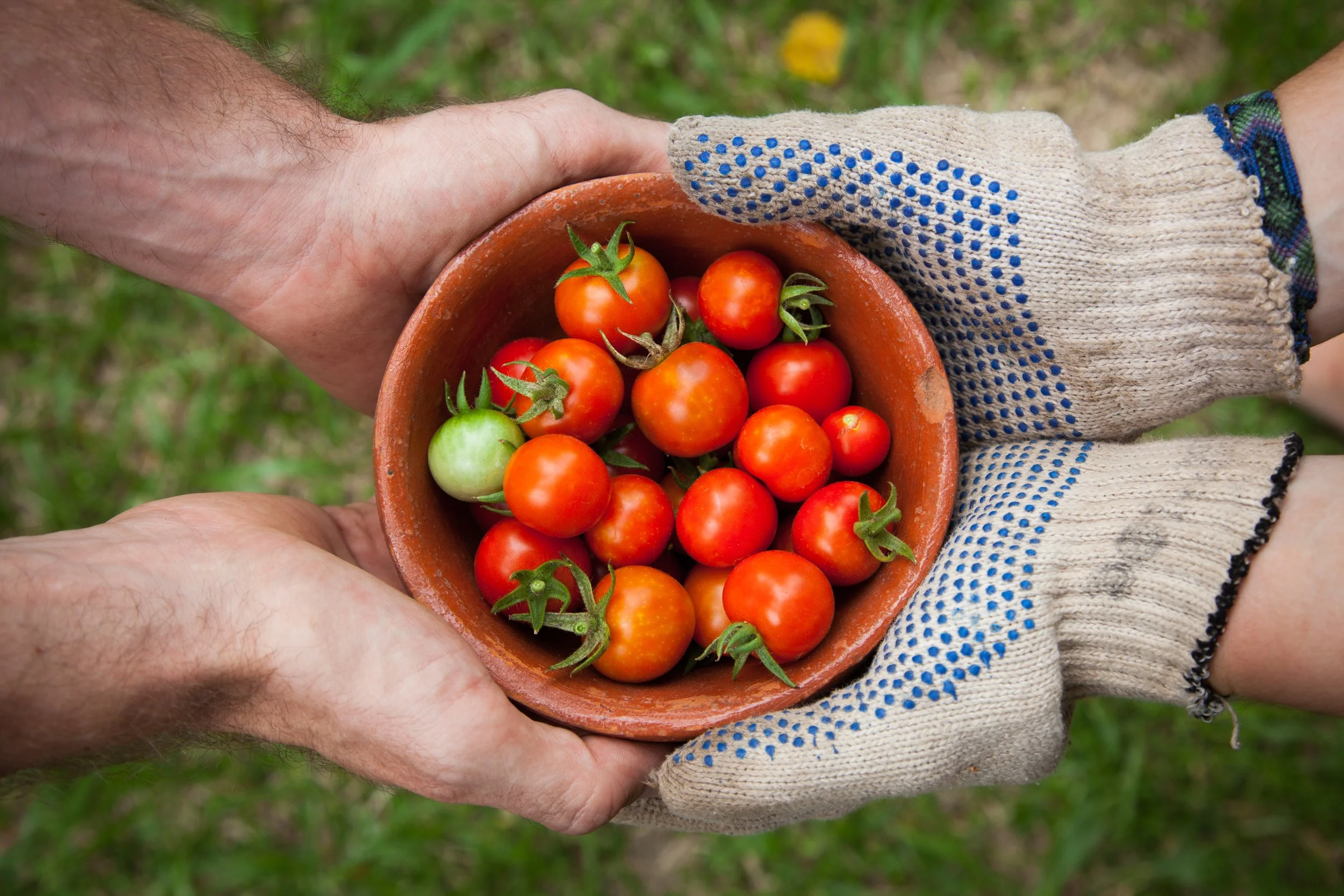Sustainability
“you have two homes: earth and your body, Take care of them.”
Dr. Kathy believes true holistic health means the most sustainable health possible. Her protocols don’t just address the patient’s individual wellness. They also aim to leave lasting positive impacts on the earth and environment, with ourselves as part of that, too. This enhances not just your health, but that of your own community and all of humanity.
Dr. Kathy has seen firsthand how a patient’s health is connected to (or caused by) the failing health of our own planet. Dr. Kathy is actively involved in various sustainability projects such plastic pollution, climate change, regenerative agriculture, and wildlife protection.
Here are some tips for you to take sustainability into your own life. It’s less difficult than it sounds. With her protocols, you will see that living a sustainable lifestyle inherently leads to a healthy body, mind, and spirit. Sustainability is a light and enjoyable addition to wellness, creating long-lasting positive rituals in your own life and those of others.
Food
Acquaint yourself with your food sources and eat in season. Make sure companies and farmers that produce your food and nutrition do so sustainably. It’s not just good for the environment— it also promises healthier nutrient-rich food .
Avoid foods packaged with single plastic!
Eat foods with compostable leftovers and compost what you don’t use. Otherwise, these foods end up in landfills to create more harmful greenhouse gases, pollution, and climate change, which impact health negatively.
Less meat, more plant-based
Eating less meat (especially beef) is the most powerful way to restore planetary as well as human health. Check out Dr. Yeo’s Instagram for meat replacement recipes or try her vegan protein in the shop.
You save money cutting out less sustainable processed foods, meat, and dairy, and instead focusing on more real, simple ingredients. This is especially true if you include more plant-based foods like grains (rice, quinoa), vegetables, fruits, and nuts, and fewer animal products requiring more energy to produce
Ditch the single use plastic
Compounds in these plastics are known to be endocrine disruptors, which are bad for your health. They’re twice as bad for your health because they harm the planet, ending up in landfills and oceans when unrecycled.
Unsustainable pollution that hurts the air, earth, water, and wildlife also harms our health (air pollution, water pollution, heavy metals found in fish and seafood, etc.) Find single-use plastic replacement ideas in Dr. Yeo’s social media.
Healthier TOGETHER
Certain illnesses are directly linked to climate change. For example, Lyme’s Disease is on the rise due to growing tick populations caused by climate change. Sustainable health helps fight both Lyme’s Disease and its cause.
Taking care of both yourself and the planet doubles rewards for health and the globe. If everyone pursued sustainable health, we would all reach better wellness that much more quickly.
Impoverished and disadvantaged communities are most vulnerable to unsustainability. Sustainable health can support and protect them from harm.



